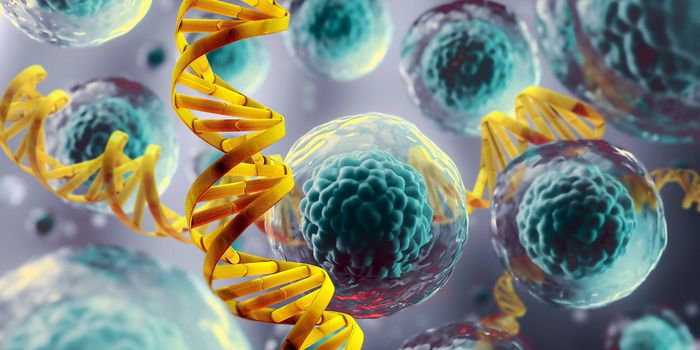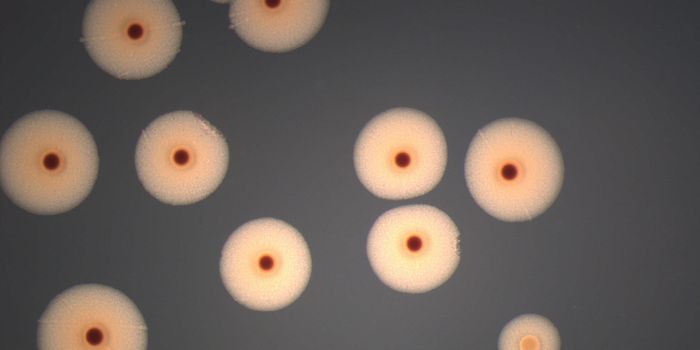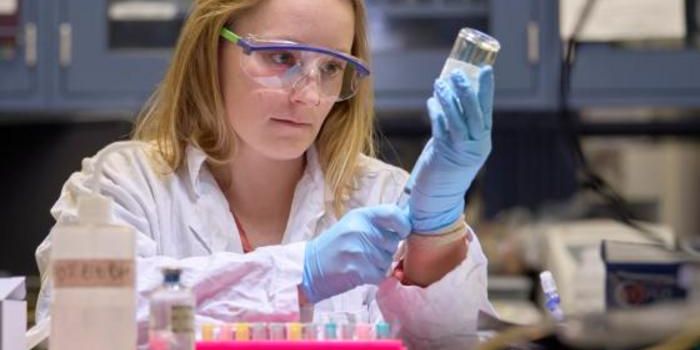Disrupting Leukemia's Deadly Reliance on Vitamin B6
Acute Myeloid Leukemia (AML) is a cancer that starts in the bone marrow, where the stem cells that produce blood cells reside, and rapidly moves to the blood. About 20,000 new cases of this deadly blood cancer are diagnosed in the United States every year, and while it is rare compared to some cancers, it’s one of the most common forms of leukemia to impact adults. A team of researchers may have found a way to stop the growth of AML; the cancer relies on vitamin B6 to survive, so preventing B6 from aiding in the creation of new cells may be a way to halt the cancer without hurting healthy cells.
Most people diagnosed with AML will live for only about five years after they are diagnosed, because the treatment can’t keep up with the growth of AML. Cold Spring Harbor Laboratory (CSHL) researcher Lingbo Zhang wanted to investigate how AML grows so quickly. He began by studying the cancerous white blood cells of the disease.
"We found more than 230 genes that are very active in leukemic cells and then we tested them, one by one," he explained.
By applying the CRISPR gene editor, the researchers stopped the activity of every one of those genes one by one to see whether the absence of any of them would stop the cancer from growing. Their work revealed that an enzyme called PDXK was crucial to cancer growth. The PDXK enzyme manages how cells use vitamin B6. The vitamin is important for metabolism in cells; it helps create the stuff cells need to grow like energy. Healthy cells aren’t dividing all the time, so PDXK doesn’t always trigger more vitamin B6 activity.
"While the action of certain vitamins has previously been linked to cancer, the specific links between vitamin B6 identified here were unexpected," said Scott Lowe, a former CSHL fellow, now chair of the Cancer Biology and Genetics program at Memorial Sloan Kettering Cancer Center.
Cancerous cells divide a lot more than normal cells, and the PDXK behaves differently there; Zhang saw that in cancer cells, the enzyme constantly encourages the activity of vitamin B6. "Leukemic cells are addicted to vitamin B6," he said. "You can call it a vulnerability of the cancer."
Zhang noted that this research does not indicate that cancer patients would benefit from reducing their intake of vitamin B6 (even though cancer cells utilize B6 as they grow). This vitamin is important for the body’s healthy cells too. Cancer cells are able to drive growth by taking advantage of the action of PDXK and raising vitamin B6 activity through this enzyme.
Next, the researchers want to find or create a drug that can stop leukemia from manipulating the PDXK enzyme. In theory, a drug could interfere with this interaction, and slow or stop cancer cells from growing without eliminating B6 from cells, which would cause significant and serious side effects.
Sources: AAAS/Eurekalert! via Cold Spring Harbor Laboratory, Cancer Cell









